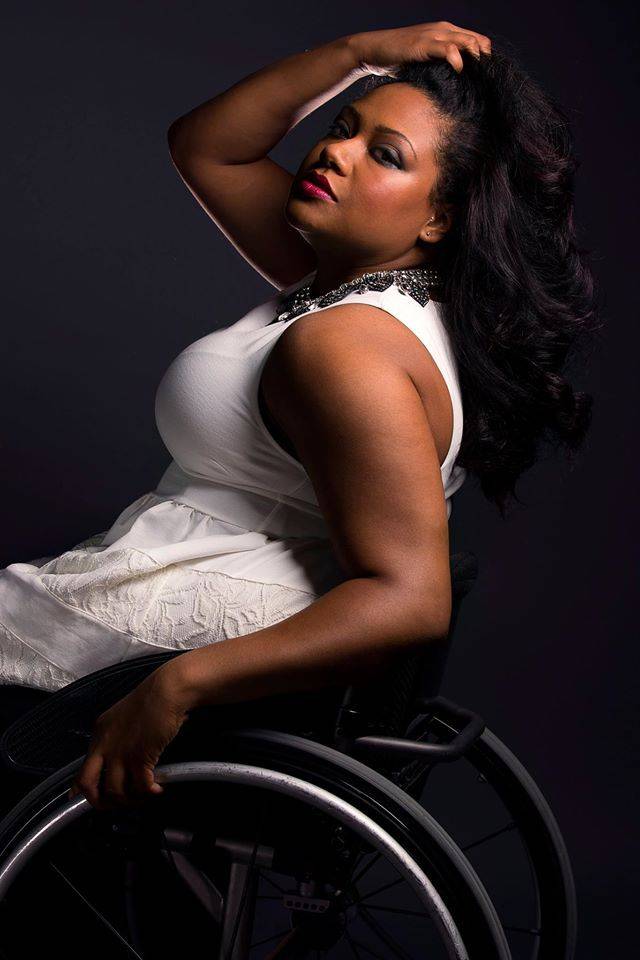The longest relationship we can ever have is with ourselves. The most enduring and challenging relationship we should nurture is the one with ourselves. This intricate dance between self-discovery and acceptance often leads us down a winding path, where what we desire is not always aligned with what we truly need. This enduring relationship revolves around the complex interplay of mind and body, with our physical form serving as a vessel for the boundless expanse of our minds. For each of us, reconciling our self-concept is an intricate journey, but for disabled individuals, this voyage takes on an added layer of complexity.
Born into a world that can sometimes appear hostile, disabled individuals often face a society that questions their very existence. In a world where innovation and commitment are heralded as the keys to transcending disability, the collective consciousness sometimes seems to erase the very existence of disabled individuals. The physical landscape itself is molded in ways that create barriers rather than pathways for inclusivity, relegating accessibility to the status of a favor rather than a fundamental human right.
The journey of self-discovery for disabled individuals takes a unique and often tumultuous path. In addition to the societal challenges they encounter, they are expected to grapple with self-doubt to a greater extent than the rest of society is taught to do. Across various media, disabled individuals are often portrayed as incomplete, and by extension, as less than fully human. This perception is rooted in the “medical model” of disability, which views impairment as a deficiency or defect to be corrected, further reinforcing the notion that disabled individuals are liabilities rather than assets.
Over time, these destructive ideas become deeply ingrained, infiltrating the psyche of disabled individuals, creating a yawning chasm between their authentic selves and society’s expectations.
So, what does healing look like for disabled individuals? What wounds must they mend, and what does the path to repair entail?

Traditionally, healing for disabled individuals has been associated primarily with physical wellness and exercise. While these components are essential for overall well-being, addressing the mind and body holistically is equally vital. Perhaps the most significant facet of this holistic approach is nurturing a healthy self-concept as a disabled person. Being comfortable in one’s own skin is invaluable, providing stability amidst the unpredictable terrain of physical health.
Fundamental to this healing process is embracing the social model of disability. This model challenges the notion that impairments are aberrations and instead recognizes them as natural variations in the human experience. It posits that disability is not an inherent trait but rather a construct shaped by societal barriers. By distinguishing between the stigma imposed upon them and their intrinsic worth, disabled individuals find liberation. This understanding becomes a powerful tool to assert their rights and navigate a world that too often fails to accommodate their needs.
Healing for disabled individuals is multi-layered. It necessitates shedding the damaging effects of the medical model, which suggests that their value is conditional and their beauty compromised. It is imperative to unlearn these corrosive ideas and assert that disabled bodies are beautiful and whole, irrespective of societal judgments. Disabled individuals have long endured the disheartening portrayals of people like them on screen and in literature as undesirable or morally flawed. Society’s fixation on symmetry and proportion as the criteria for beauty has limited disabled individuals’ engagement with their own sense of beauty. It’s imperative that they reclaim their beautiful bodies as their own.
One powerful avenue for this reclamation is through creative self-expression. Disabled bodies are, in themselves, exquisite canvases with limitless potential. Makeup artistry, for instance, offers a profound means of empowerment. By meticulously crafting their appearance, disabled individuals exert control over their self-image. Makeup serves as a bridge between their best and worst days, challenging the rigid norms of beauty dictated by white supremacy, ableism, and patriarchy. It returns the authority over appearance to the individual, granting them the final say in how they present themselves.
Studies conducted in the 20th century revealed a direct correlation between a person’s positive body image and their tolerance and empathy toward disabled individuals. This underscores the critical importance of self-preservation and self-love in the lives of disabled individuals. How they view themselves ultimately impacts the nature of their relationship with the world.
For Black disabled women, healing through art and creativity takes on added significance. These creative outlets offer moments of respite, a chance to reflect and rejuvenate. In a world that often prioritizes productivity over well-being, embracing leisure and self-care becomes an act of resistance. These practices must occupy their rightful place in the broader movement toward healing from the clutches of the medical model. The journey toward healing for disabled individuals is ongoing, but harnessing their creative potential offers a powerful means of forging a deeper connection with themselves and a path toward self-affirmation and love.



